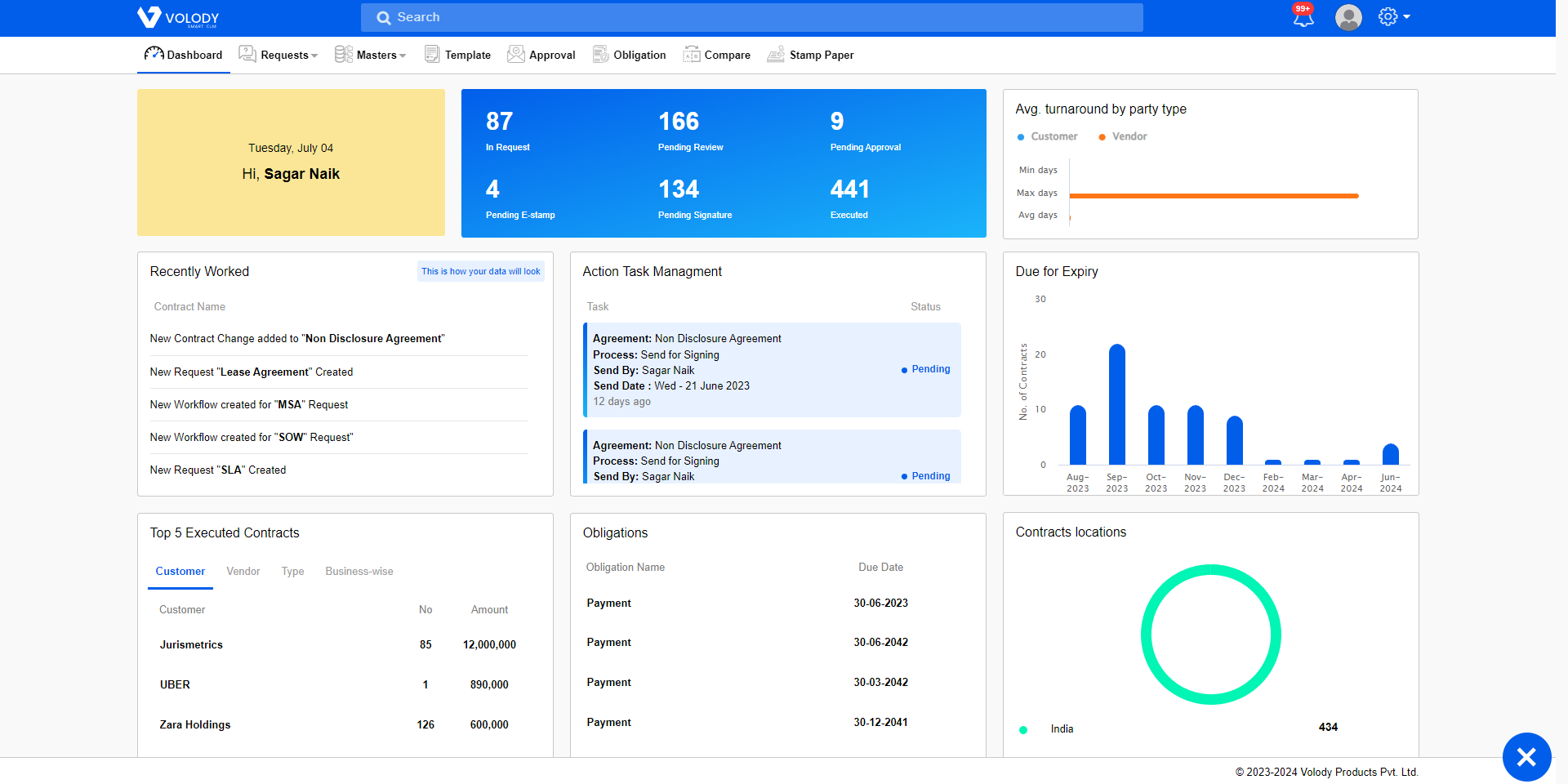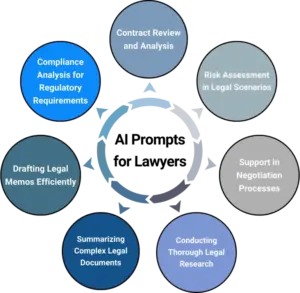Welcome to our blog post on sale on approval contracts, a unique agreement that benefits both buyers and sellers. In this article, we will dive into the concept of sale on approval contract, its advantages, the implementation process, and how it differs from the sale or return approach. Whether you’re a buyer seeking increased confidence or a seller looking to minimize risk, understanding sale on approval contracts is essential. So, let’s explore this win-win approach together!
Understanding Sale on Approval Contracts

Sale on approval contracts is an arrangement between a buyer and a seller where the buyer has the right to inspect, evaluate, and test the goods before fully committing to the purchase. The buyer takes possession of the goods on a trial basis, and the sale becomes final only if the buyer approves the items within a specified period. This agreement provides several benefits for both parties involved.
Benefits of Sale on Approval
Sale on approval contracts offer advantages for both buyers and sellers. Let’s explore these benefits in detail.
Increased confidence for buyers
Buyers gain peace of mind knowing that they have the opportunity to thoroughly assess the goods before making a final purchase decision. They can examine the quality, functionality, and suitability of the items within their own premises or specific environment, ensuring they meet their requirements.
Reduced risk for sellers
Sellers can reduce the risk of unsold goods and returns by allowing buyers to try the products before completing the purchase. It minimizes the likelihood of disputes, enhances customer satisfaction, and encourages trust and long-term relationships.
Related Article: Negotiating Adhesion Contracts: Contracts That Stick!
Implementing Sale on Approval

Implementing a sale on approval contract requires careful consideration of various factors. Follow these steps to create a successful agreement.
Step 1: Establish clear terms and conditions
Before entering into a sale on approval contract, it’s crucial to establish clear terms and conditions that outline the expectations of both parties. Specify the trial period, conditions for approval or rejection, and any applicable fees or costs associated with the return of goods.
Step 2: Draft a comprehensive agreement
Create a comprehensive agreement that includes details such as product description, price, delivery terms, payment conditions, and any applicable warranties. Clearly state that the sale will become final only upon the buyer’s approval.
Step 3: Include relevant legal requirements
Ensure compliance with legal requirements by including provisions related to applicable consumer protection laws, cancellation rights, and dispute resolution mechanisms. Consulting with legal professionals can help ensure your contract is valid and enforceable.
Step 4: Communicate and negotiate with the buyer
Open communication and negotiation with the buyer are key to finalizing the sale on approval contract. Address any concerns they may have, clarify expectations regarding the evaluation process, and be prepared to make reasonable adjustments to facilitate a successful trial period.
Step 5: Execute the sale on approval contract
Once all terms are agreed upon, both parties should sign the sale on approval contract to make it legally binding. Retain a copy of the agreement for reference, and provide the buyer with any necessary documentation, such as return procedures or warranties.
Sale on Approval vs. Sale or Return
Although sale on approval and sale or return are similar concepts, there are distinct differences between the two. Let’s explore them further.
Sale on Approval: Ensuring Buyer Satisfaction
Sale on approval contracts focuses on providing buyers the opportunity to evaluate goods before committing to a purchase. The buyer assumes possession of the goods and decides whether to approve or reject them within the agreed trial period. If approved, the sale becomes final.
Sale or Return: Managing Unsold Goods
Sale or return, on the other hand, allows sellers to provide goods to buyers with the option to return unsold items within a specified timeframe. The buyer does not take ownership of the goods unless they decide to keep them after the trial period. This approach is often used in consignment arrangements or with distributors.
Related Article: Clickwrap Agreements 101: Are They Enforceable?
Benefits of Using Volody’s AI CLM for Sale on Approval Contracts
Implementing Volody’s AI CLM for Sale on Approval contracts offers several key benefits:
1. Time and Cost Savings
Volody’s AI CLM automates various aspects of contract creation, eliminating the need for manual data entry and document assembly. This results in significant time savings and reduces administrative costs associated with contract management.
2. Improved Accuracy
By leveraging AI technology, Volody’s CLM minimizes errors and inconsistencies in contract creation. The system ensures that critical contract elements, such as approval terms and conditions, are accurately captured, mitigating the risk of discrepancies.
3. Reduced Risk
Volody’s AI CLM enables the creation of standardized contract templates with built-in compliance checks. This ensures that Sale on Approval contracts adhere to legal requirements, reducing the risk of non-compliance and potential disputes.
4. Enhanced Collaboration
The collaborative features of Volody’s AI CLM facilitate seamless communication and feedback exchange between stakeholders involved in the Sale on Approval contract creation process. This promotes transparency and expedites contract approvals.
5. Advanced Analytics and Insights
Volody’s AI CLM provides valuable analytics and insights regarding contract performance, enabling businesses to track metrics such as approval rates, conversion rates, and customer satisfaction. This data-driven approach supports informed decision-making and contract optimization.
Related Article: Best Contract Management Software In 2024: Top 10
Steps to Create a Sale on Approval Contract on CLM

Step 1: Creating a Contract Template
Volody’s AI CLM allows users to create reusable contract templates for Sale on Approval contracts. By leveraging a user-friendly interface, users can easily define the structure and essential elements of the contract template. The platform provides options for customization and ensures consistency across multiple contracts.
Step 2: Defining Approval Terms and Conditions
With Volody’s AI CLM, defining approval terms and conditions becomes a simplified process. Users can set specific criteria for approval, such as the duration of the evaluation period, return conditions, or any other requirements unique to the Sale on Approval agreement. The AI-powered system ensures accurate capture and enforcement of these terms.
Step 3: Customizing Contract Clauses
Volody’s AI CLM offers flexibility in customizing contract clauses for Sale on Approval contracts. Users can tailor the contract terms to their specific needs, incorporating provisions related to liability, intellectual property, warranties, and other relevant aspects. The platform provides predefined clause libraries and intuitive customization options.
Step 4: Automating Contract Review and Approval
With Volody’s AI CLM, the cumbersome process of manual contract review and approval is simplified. The system automates workflow management, ensuring that the right stakeholders receive notifications and have access to the contract for review. Automated reminders help to expedite the approval process and minimize delays.
Step 5: Tracking and Monitoring Contract Performance
Volody’s AI CLM empowers businesses to monitor and track the performance of Sale on Approval contracts effortlessly. The platform provides real-time visibility into contract status, enabling users to identify bottlenecks, measure approval rates, and track customer satisfaction. These insights facilitate continuous process improvement and better decision-making.
Tips for Optimizing the Sale on Approval Contract Creation Process
- Leverage Predefined Templates: Utilize pre-existing Sale on Approval contract templates provided by Volody’s AI CLM. These templates serve as a starting point and can be customized to align with specific requirements.
- Collaborate Effectively: Ensure effective collaboration among stakeholders involved in the contract creation process. Leverage Volody’s AI CLM’s collaboration features to streamline feedback exchange and maintain clear communication throughout the process.
- Regularly Update and Refine Templates: Regularly review and update contract templates to reflect any changes in legal requirements, business policies, or industry standards. This ensures that the Sale on Approval contracts remain compliant and up to date.
- Leverage Analytics for Insights: Utilize the analytics and reporting capabilities of Volody’s AI CLM to gain valuable insights into contract performance. Monitor key metrics, identify areas for improvement, and optimize the Sale on Approval contract creation process based on data-driven insights.
- Train Users and Embrace Change: Provide adequate training to users on Volody’s AI CLM platform to maximize its potential. Encourage employees to embrace the change and adopt the AI-powered solution for improved efficiency and streamlined contract creation.
Conclusion
Sale on approval contracts offer a mutually beneficial solution for buyers and sellers, promoting transparency, trust, and satisfaction. By following the implementation steps outlined in this article, you can create a solid sale on approval agreement that protects both parties’ interests. Remember to communicate openly, establish clear terms, and comply with legal requirements. Understanding the differences between sale on approval and sale or return can also help you choose the right approach for your specific business needs. Embrace the win-win nature of sale on approval contracts and unlock new opportunities for success!
Related Article: What’s The Difference Between Agreement And Contract
About Volody Products Inc
Volody is an AI-enabled Contract Lifecycle Management (CLM) Software company helping businesses to digitize and automate their legal contract management processes. Volody’s CLM uses artificial intelligence & machine learning features to create smart and agile solutions that meet the needs of an ever-evolving business world. Trained with extensive data points, our smart CLM tool provides you with many insights and protects your company from any possible risks, be it financial, regulatory, or reputational.





